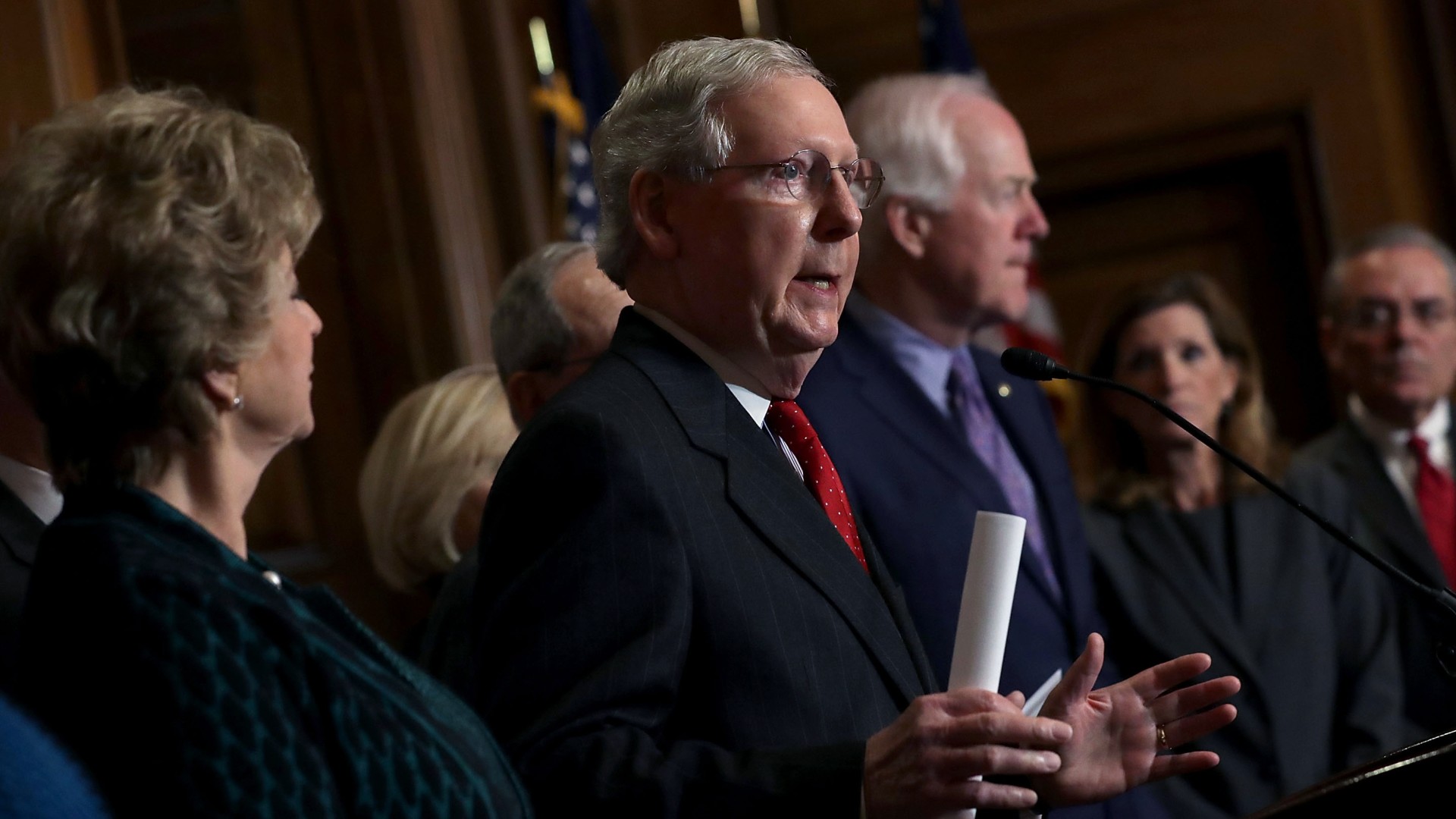“Imagine struggling with anxiety and then having additional fears about your ability to support yourself financially and your access to healthcare,” Julie Barthels, a clinical social worker practicing in Illinois. Told VICE Impact. “Not having access to healthcare means you potentially lose access to your therapist, psychiatrist, and prescription benefits. It’s huge if you are already drowning in a sea of anxiety.”"It's like every time you pick up your phone or log in to Twitter or Facebook or look at anything in the media you're just asking to be punched in the fucking face.”
Check out more videos from VICE:

“What percentage of the population benefits from tax breaks for personal jet ownership instead of the lack of ability to write off tax breaks for people earning under six figures, including teachers, firefighters and others?” he says. “’I have seen everyone from corporate employees to small business owners feeling the pressure of rising costs and an unpredictable market, which causes stress on top of the already established stress. “He continued, ”Furthering the problem, people now have to anticipate rising healthcare costs due to legislation and the threat of rising taxes and eliminated tax breaks on the middle class; CBS Moneywatch reported back in January that most families in America could not sustain a more than $500 emergency expense.”
"I find myself watching an inordinate, embarrassing amount of streaming TV, and I'm not keeping up with my reading like I should because it's too overwhelming, too exhausting at times."
Clinical Psychologist Dr. John Mayer says that because uncertainty causes anxiety, action the antidote and can be empowering. “Being active in your local and national politics helps remedy that anxiety because you will work toward changing the uncertainty, thus lowering your anxiety,” he said. “Communicate with your elected officials, but don’t think of your communication as a ‘confrontation.’ Your messages to your legislators are giving them needed information.”It’s easier than you think: you can email them, voice mail, write a letter, use social media. Finding them is also fairly easy by using a site like Common Cause under the Find My Elected Officials page.Bracken also suggests being proactive about budgeting.“What percentage of the population benefits from tax breaks for personal jet ownership instead of the lack of ability to write off tax breaks for people earning under six figures, including teachers, firefighters and others?”
